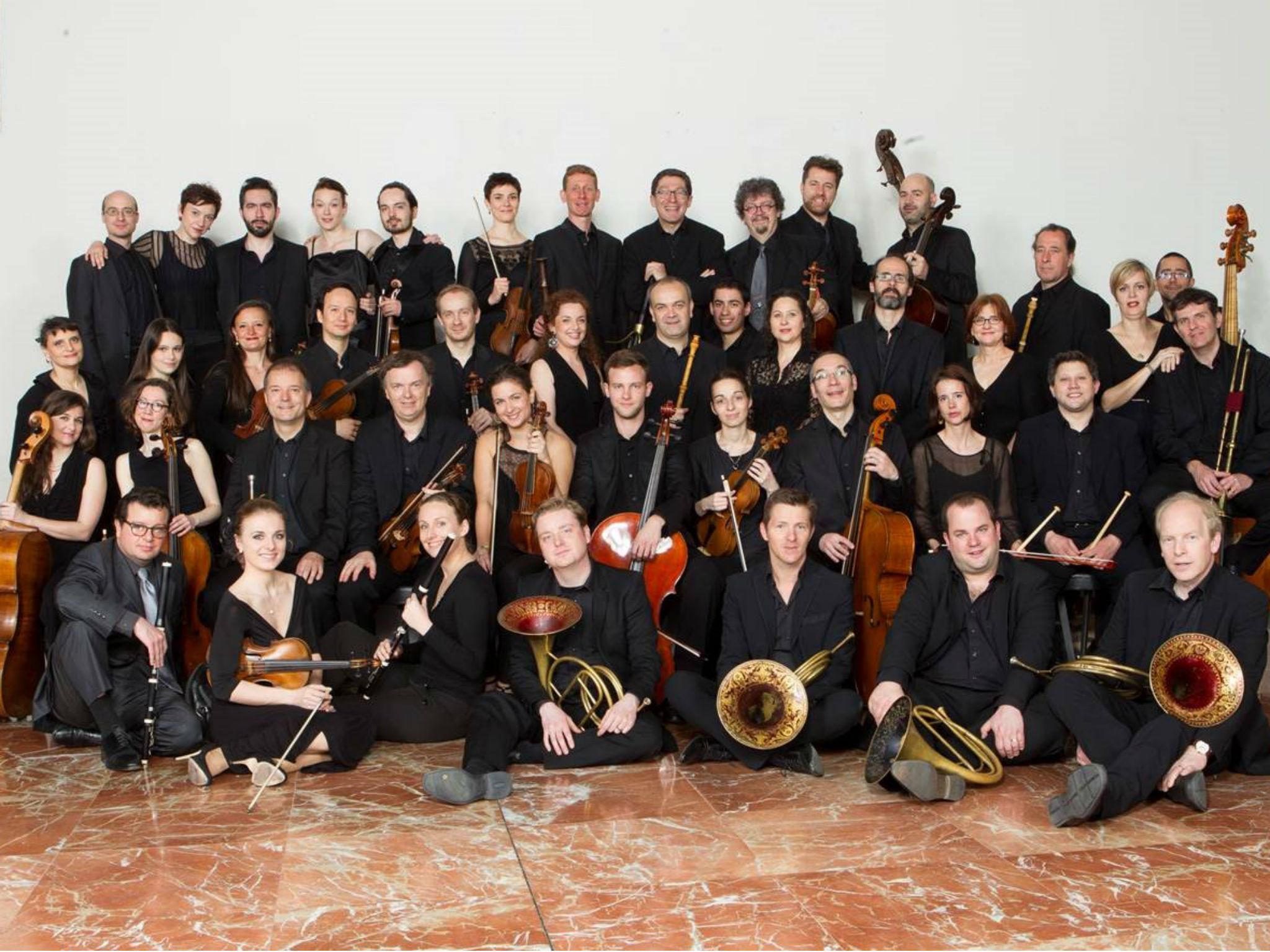Le Concert d’Astrée, Wigmore Hall, London, review: Haïm has an easy way with the lilt and weight of Mozartian phrasing
Emmanuelle Haim conducts the vocal and period-instrument ensemble Le Concert d'Astree in a performance of selections from Mozart’s ‘Le nozze di Figaro’ and ‘Serenade in B-Flat Major’

Your support helps us to tell the story
From reproductive rights to climate change to Big Tech, The Independent is on the ground when the story is developing. Whether it's investigating the financials of Elon Musk's pro-Trump PAC or producing our latest documentary, 'The A Word', which shines a light on the American women fighting for reproductive rights, we know how important it is to parse out the facts from the messaging.
At such a critical moment in US history, we need reporters on the ground. Your donation allows us to keep sending journalists to speak to both sides of the story.
The Independent is trusted by Americans across the entire political spectrum. And unlike many other quality news outlets, we choose not to lock Americans out of our reporting and analysis with paywalls. We believe quality journalism should be available to everyone, paid for by those who can afford it.
Your support makes all the difference.Le Concert d’Astrée, specialists of the baroque and early classical under their formidably talented director Emmanuelle Haïm, made their Wigmore Hall debut at last. Haïm came to notice as William Christie’s protégé and has developed a stellar CV in collaborations and recordings since.
She brought an all-Mozart programme for 12 winds and double bass, the instruments Mozart stipulated for his Serenade in B-flat major also known as the “Gran Partita”, whose adagio in Peter Shaffer’s play Amadeus obliges Salieri to confront the annihilating fact of Mozart’s genius, and with which the concert concluded.
They began with selections from Le nozze di Figaro, arranged by Alfredo Bernardini for the same forces: two each of oboes, clarinets, basset horns and bassoons, four horns and double bass (all exceptionally well-played here). The effect is like stepping through the mirror in Alice Through the Looking Glass: the familiar world but different. The horns can be woofly or fizzy, the oboes deeply reedy or human voice cantabile, while the basset horns contribute their own distinctive timbre – textures are different with authentic instruments, and their shifting interplay throws up new contrasts.
Haïm has an easy way with the lilt and weight of Mozartian phrasing, coming at it, as it were, from Handel down, not Brahms back up: not too reverential but with humour and confident élan.
Join our commenting forum
Join thought-provoking conversations, follow other Independent readers and see their replies
Comments